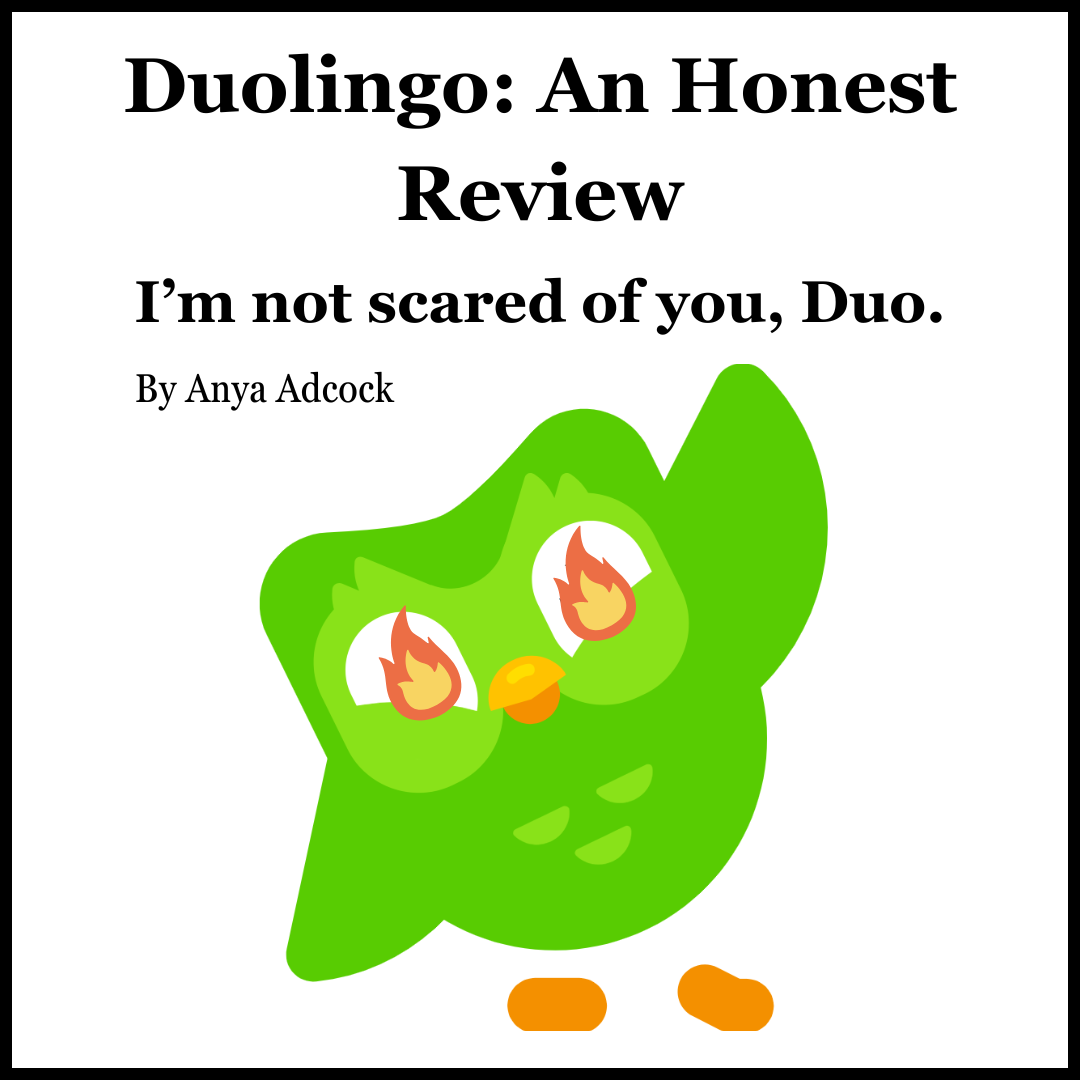Every word has a purpose. Authors spend years perfecting their art, carefully placing every word to convey their specific and thoughtful meaning. Each placement makes the reader feel a certain way and takes them into the story. Sometimes the perfect word is a curse, and sometimes the perfect situation contains profanity. Changing the original words or banning a classic novel is immoral and outstandingly ignorant, no matter the situation. Professor Alan Gribben of Auburn University does not agree. He spent most of 2010 removing and replacing âinappropriateâ words from Mark Twainâs The Adventures of Huckleberry Finn. He replaced the words âniggerâ and âinjunâ with most socially acceptable words like âslaveâ and âindian.â WHAT? How does that make any sense? The two words are not similar enough to justify the change. And how is âindianâ any better that calling the character Joe an âinjunâ? It isnât right to alter the words in such a way. It completely defeats the purpose of the careful placement of those words in the first place. Gribben had heard from parents that they found the words inappropriate to have in their childâs reading curriculum. Instead of banning Mark Twainâs masterpiece, Professor Gribben came up with a better solution by removing the ân-wordâ 219 times. Gribben backed up his actions in an interview with NPR host Neal Conan by saying: âNow some people have objected by saying that this might deprive teachers and educators of a wonderful opportunity to get into discussions of race relations. But I have to say, I find it – I could think of a dozen more constructive entries into such discussions than to write that word on a – on the wall and begin to discuss it with students. In fact, this novel, even with this small change, is hardly a colorblind novel. On every page there are distinctions of class and race. So it occurred to me, after so many years of teaching and lecturing, there might be -it might be helpful to offer teachers this optional alternative .â Of course the book is not colorblind! It speaks from the time period and and addresses the major problems of the past that we still face today. Not all books need to be about happy utopias or dogs that save lives. Huck Finn is meant to provoke thought and discussion. It is ignorant to think that censoring the word âniggerâ will help get across the point of the story. It will, in fact, have the opposite effect. Exposing kids to the past will help them make the country better for the future. It wonât be long until most classic novels are banned from school libraries if we as a people keep up this attitude. Why is it that wear words are slowly slipping into PG-rated and animated mediocre films but are frowned upon in classic and quality pieces of literature? If we take away the books and culture that comes with them our world will be an unwelcoming, hateful, ignorant, and shushed place. Free speech will be nonexistent and shows like âHannah Montanaâ will rot the brains of children and alter their perception of the world. Host Conan asked if Gribben thought it was fair to still say the altered work was by Mark Twain, and in response Gribben said: âWell, I can’t channel Mark Twain, and I don’t think anyone could. But I will remind your listeners that he was, by far, the most changeable personality and author we have.â Just because an author make revisions on his own work doesnât mean that it can be altered by someone not associated with the process, especially for the intent that Gribben has. We arenât talking about the Bible where you can change and twist the words to mean whatever your heart desires, this is a classic award-winning novel. Gribben says that many teachers find it difficult to introduce the book into their classes. But it’s supposed to be difficult. Rewriting things like Huck Finn is the first step to rewriting history. What’s next? âThis is like changing War and Peace to Peace , because war is unpleasant to remember, or removing World War I from All Quiet on the Western Front ,â said Alexandra Petri, blogger for the Washington Post. I completely agree with Petri. Just because a subject is too sensitive or depressing doesnât mean we donât need to talk about it. If we cannot speak openly about the past then how can we attempt to make a better future for ourselves? Book banning and censorship is immoral and disturbing. If you donât like the words used in a book, then donât read it. Each word is necessary to get across the message of the novel. Without them the author has nothing. Mark Twain once said: âBut the truth is, that when a Library expels a book of mine and leaves an unexpurgated Bible lying around where unprotected youth and age can get hold of it, the deep unconscious irony of it delights me and doesn’t anger me.â
Categories:
Censorship: an ironic thing
Breeana Glenn
•
April 7, 2011
Story continues below advertisement
0
Donate to The WEB
$150
$450
Contributed
Our Goal
Your donation will support the student journalists of Ames High School, and Iowa needs student journalists. Your contribution will allow us to cover our annual website hosting costs.
























